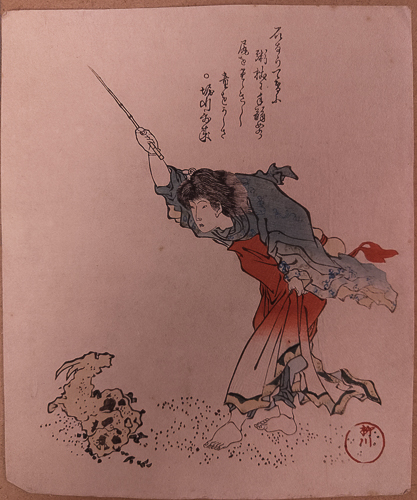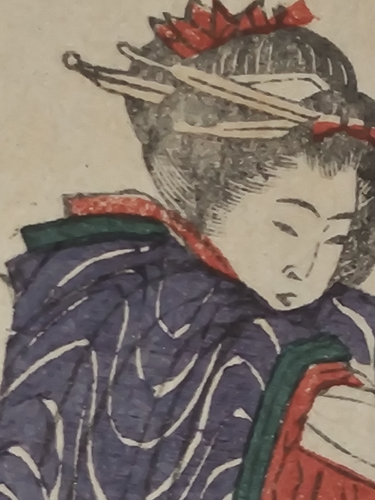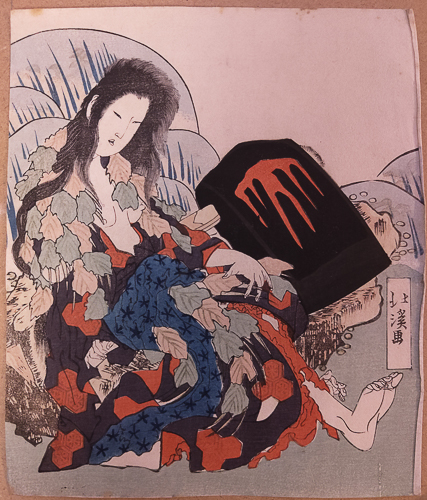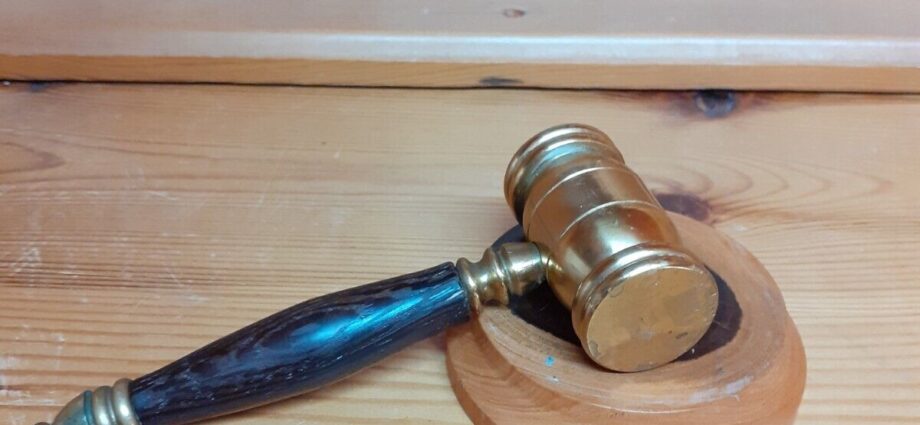Origins of Auction Houses
Auction houses have a rich history dating back thousands of years. The concept of auctions can be traced to ancient Greece, where they were used to sell goods, property etc. The Romans also conducted auctions for a variety of purposes, including the sale of assets seized from conquered territories.
During the Middle Ages, auctions became more formalised in Europe, particularly in England. Auctioneers were appointed by the government to oversee the sale of goods, often in public squares or town halls. As trade and commerce expanded during the Renaissance, auctions became a common method for selling art, antiques, and other valuable items.
The modern auction house as we know it began to take shape in the 18th and 19th centuries. In 1766, James Christie founded Christie’s auction house in London, specialising in fine art and rare objects. Shortly after, Sotheby’s was established in 1744, also in London, focusing on books and manuscripts initially before expanding into art and collectibles.
Challenges Faced by Auction Houses
While auction houses have a long and storied history, they face several challenges in the modern era. One of the primary difficulties is the increasing competition from online platforms. With the rise of digital auctions, traditional brick-and-mortar auction houses have had to adapt to stay relevant. They now offer online bidding options and live-streamed auctions to reach a global audience.
Another challenge is the authenticity and provenance of items. With high-profile cases of art forgeries and stolen artifacts, auction houses must rigorously authenticate items before auctioning them. This process requires expertise, technology, and often collaboration with experts and institutions.
Additionally, economic fluctuations and market trends can impact auction houses. The demand for certain types of art or collectibles can shift, affecting prices and sales volume. Auction houses must navigate these market dynamics to ensure successful auctions and maintain client trust.
Public Perception of Auction Houses
The perception of auction houses has evolved over time. In the past, auctions were sometimes seen as exclusive events catering only to the wealthy elite. However, modern auction houses have worked to change this perception by promoting transparency, accessibility, and diversity.
Many auction houses now host public exhibitions, educational events, and charity auctions to engage a broader audience. They also embrace digital marketing and social media to reach younger generations and new collectors.
Despite these efforts, perceptions of auction houses can still vary widely. Some view them as prestigious institutions that uphold standards of excellence in the art market, while others may see them as places of extravagance and elitism. Public opinion can be influenced by factors such as media coverage, cultural attitudes towards wealth, and personal experiences with auctions.
Overall, auction houses continue to play a significant role in the global art and collectibles market, facing challenges while striving to maintain their relevance and integrity in an ever-changing landscape.
Fine Art At Wildcard Curiosities
The below gallery shows some recent Japanese Wood Block Prints that we have acquired. We have a selection of these up for sale on our website, shop section. Click the below and search wood block prints.



